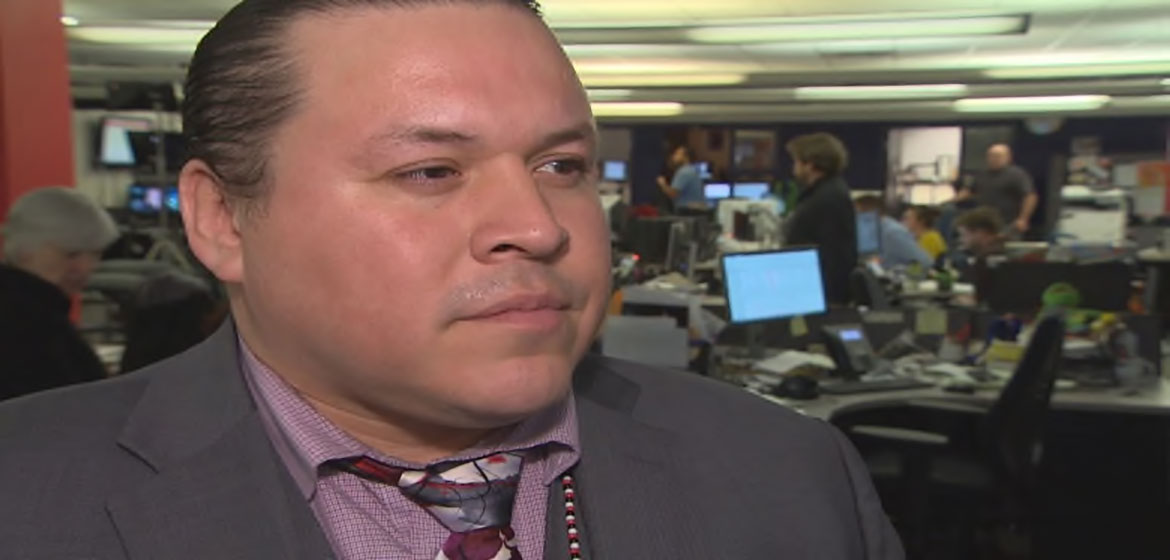Programs divert youth and first-time offenders from criminal justice system
By Lenard Monkman
Manitoba's Southern Chiefs' Organization is pointing to its restorative justice program as one of the possible ways to reduce the overrepresentation of Indigenous adults and youth in Canadian jails.
According to Statistics Canada, in 2016-17, Indigenous adults in Manitoba accounted for 74 per cent of all admissions to custody or community supervision programs.
The province's youth corrections had the second highest rate of incarcerated Indigenous youth in the country, with 81 per cent of male youth in custody being Indigenous and 82 per cent of female youth.
Grand Chief Jerry Daniels of the Southern Chiefs' Organization (SCO) said alternatives to incarceration, like restorative justice, are needed.
"Our hopes are that we start to bring down the numbers of people who are going into prison, and are being incarcerated," said Daniels.
"It's very unfortunate for Manitoba, for Canada, for all of us really, when we have Indigenous people being locked up at those rates. It represents a flaw in the system."
The SCO is one of several organizations in Manitoba that offers restorative justice programming for people who come in contact with the criminal justice system.
How it works
Restorative justice provides an alternative which focuses less on punishment and custodial sentences, and more on healing the relationships between the individuals and families and the community.
People who are diverted to the program at SCO are typically first-time offenders, youth or are being accused of less serious charges. People facing charges get referred to the program from either First Nations police services, RCMP, Crown attorneys, or sometimes community members.
Chantell Barker, the community justice development program co-ordinator at SCO, said they meet with community justice workers to figure out the accused's needs.
"To be accepted into the program, they have to take responsibility for their actions and be willing to make amends to their victim, family or community depending on the situation," said Barker.
"Once they take responsibility, the community justice worker then meets with them and does the holistic needs assessment."
The holistic social needs assessment is a 20 question survey which aims to identify what the accused's social, mental, physical, and spiritual needs are.
"It tries to address some of the issues that they are facing as individuals, and look at the support that they need," said Daniels.
The process also welcomes family and members of the community affected to work together on healing relationships.
The process takes about six months from the time a person comes into contact with the criminal justice system. If the person is unsuccessful with the restorative justice approach, they are then sent back to the justice system.
According to SCO, 94 per cent of the people they saw last year successfully completed the program and didn't have to go through the criminal justice system.
Diversion saves money, says chief
Over the past year, SCO has seen a 40 per cent increase in referrals to its restorative justice program. They have dealt with 119 cases.
Daniels said they employ five community justice workers and the current annual cost to operate the program is $400,000.
"The taxpayers should understand that the more this program is successful, the more it's supported by government, the more we're going to save," said Daniels.
"You're saving at least $100,000 per person who's in the justice system. That money could be used for all kinds of other things that could support opportunities for young people."
Currently, SCO restorative justice programs are operating in five Manitoba First Nations: Waywayseecappo, Pinaymootang, Sagkeeng, Pine Creek and Long Plain.
Source:
Related to SDG 10: Reduced inequalities and SDG 16: Peace, justice and strong institutions



